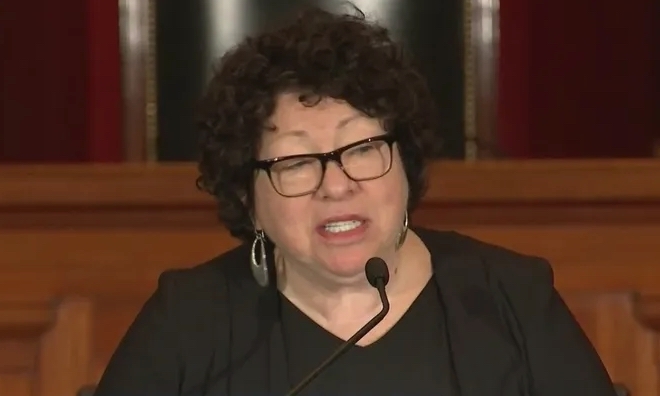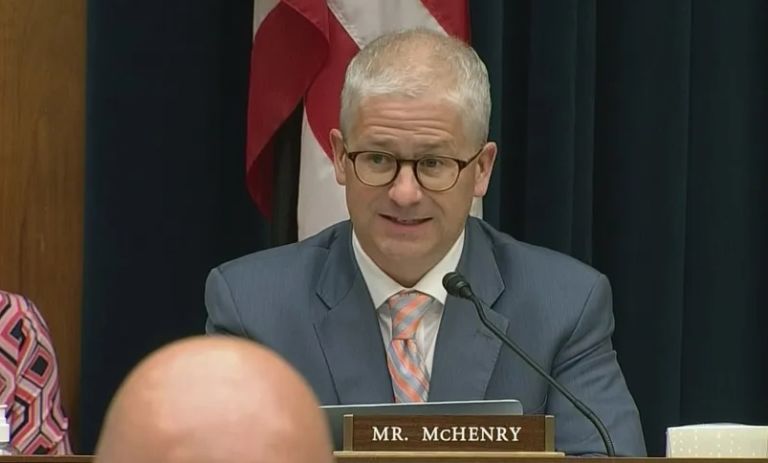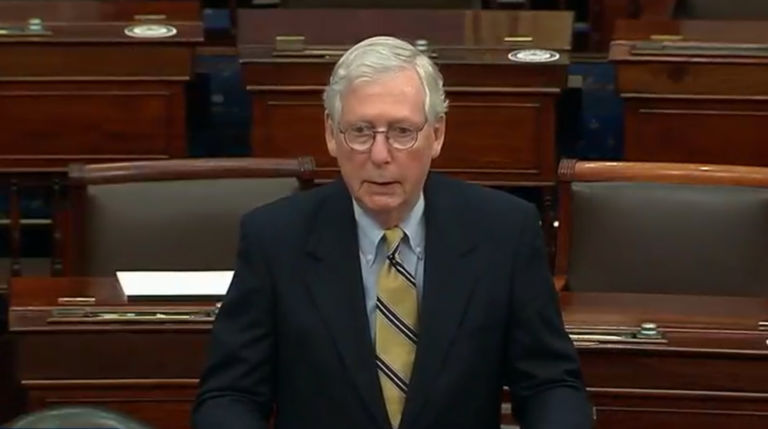Andrew Biggs uses a National Review Online column to question a new proposal for changing Social Security.
On January 31, over 200 House Democrats jointly introduced the Social Security 2100 Act, legislation that would expand Social Security both by raising the 12.4 percent payroll tax and by phasing out the current $132,000 cap on taxable earnings. Social Security Works, an activist group that was key to making Social Security expansion the de facto position of the Democratic party, crows that the Social Security 2100 Act would allow “no retiree to fall into poverty.” Not only is that claim untrue, but this budget-busting expansion of the federal government’s already-insolvent retirement program may leave low-income retirees disappointed. …
… Let’s look at how the poorest workers would fare in retirement under the Social Security 2100 Act. After all, these are the Americans least able to save on their own for retirement and most at risk of falling into poverty in old age. In theory, the Social Security 2100 Act would provide these low-income workers with Social Security benefit increases of up to 44 percent, a startling figure.
In reality, many would see little difference in their benefits. For one thing, about 20 percent of the lowest-income quintile of U.S. workers fail even to qualify for Social Security benefits, owing to short working careers and Social Security’s ten-year vesting period. These Americans end up relying on Supplemental Security Income, a means-tested welfare program that provides sub-poverty-level benefits while effectively prohibiting beneficiaries from working or accumulating savings. Countries including New Zealand and Canada have universal retirement benefits to protect against poverty in old age, and I have advocated previously for such a benefit in the U.S. The Social Security 2100 Act does nothing to help this fifth of the poorest Americans. It only hikes their payroll taxes during the years in which they do work.


